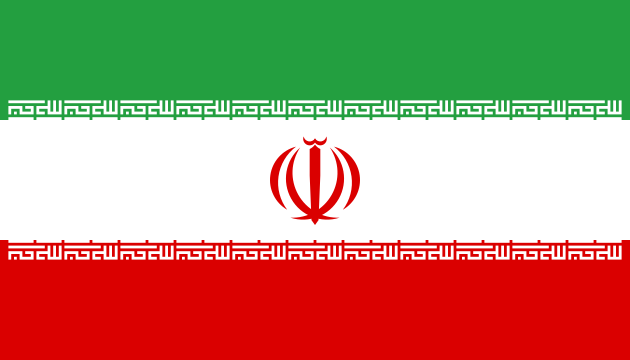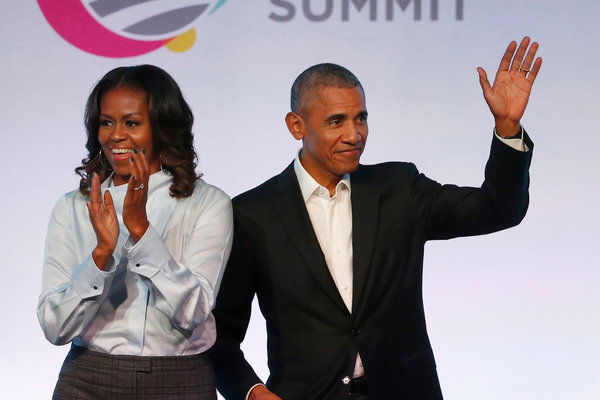Iran said on June 20 it would not discuss the future of its nuclear programme while under attack by Israel, as Europe tried to coax Tehran back into negotiations and the United States considers whether to get involved in the conflict.
A week into its campaign, Israel said it had struck dozens of military targets overnight, including missile production sites, a research body it said was involved in nuclear weapons development in Tehran and military facilities in western and central Iran.
The Israel Defence Forces later said they had struck surface-to-air missile batteries in southwestern Iran as part of efforts to achieve air superiority over the country. Explosions were heard in Iran’s southwestern Khuzestan province and at least four people there were killed, IRNA news agency reported.
Read more: Netanyahu ‘has surpassed Hitler’ – Erdogan
At least five people were injured when Israel hit a five-storey building in Tehran housing a bakery and a hairdresser’s, Fars news agency reported. Iranian air defences were activated on the evening of June 20, Fars news agency reported.
Iran fired missiles at Beersheba in southern Israel early on June 20 and at Haifa in the north, causing damage to an Ottoman-era mosque, according to Foreign Minister Gideon Saar. A foreign ministry video also showed extensive damage to a nearby high-rise building that houses a branch of Israel’s Interior Ministry.
Haifa is also home to Israel’s busiest seaport and a naval base.
Fars news agency quoted an Iranian military spokesman as saying Tehran’s missile and drone attacks on June 20 had used long-range and ultra-heavy missiles against military sites, defence industries and command and control centres.
Read more: Iran blames IAEA chief’s ‘betrayal’ for strikes on nuclear sites
About 20 missiles were fired in those latest Iranian strikes, an Israeli military official said, and at least two people were hurt, according to the Israeli ambulance service.
Israel’s envoy to the United Nations, Mr Danny Danon, told the UN Security Council his country would not stop its attacks “until Iran’s nuclear threat is dismantled”.
Iran’s UN envoy Amir Saeid Iravani called for Security Council action and said Tehran was alarmed by reports that the US may join the war.
Nuclear risks
The head of the UN nuclear watchdog warned against attacks on nuclear facilities and called for maximum restraint.
“Armed attack on nuclear facilities… could result in radioactive releases with great consequences within and beyond the boundaries of the state which has been attacked,” Mr Rafael Grossi, director-general of the International Atomic Energy Agency, told the Security Council.
He spoke a day after an Israeli military official said it had been “a mistake” for a military spokesperson to have said Israel had struck Bushehr, Iran’s only nuclear power plant. He said he could neither confirm nor deny that Russian-built Bushehr, located on the Gulf coast, had been hit.
Iran said on June 20 its air defences had been activated in Bushehr, without elaborating.
Israel says it is determined to destroy Iran’s nuclear capabilities but that it wants to avoid any nuclear disaster.
UN Secretary-General Antonio Guterres, also speaking at the world body’s Security Council, said the Iran-Israel conflict could “ignite a fire no one can control” and called on all parties to “give peace a chance”.














